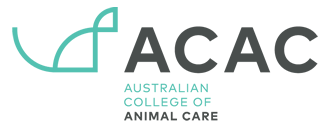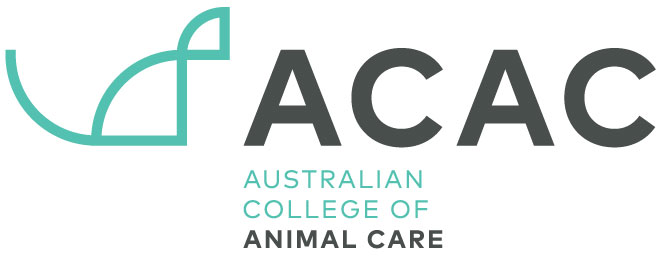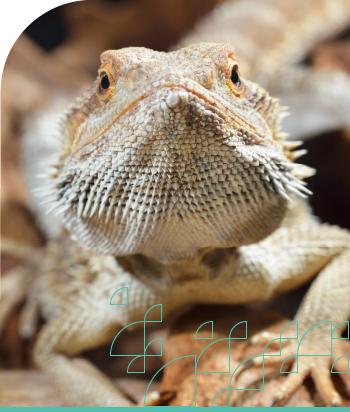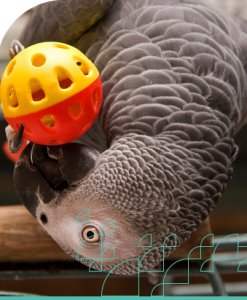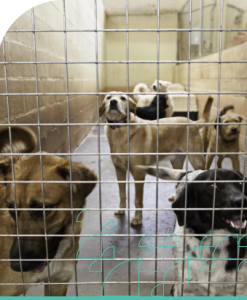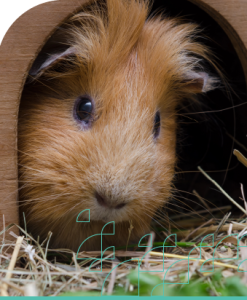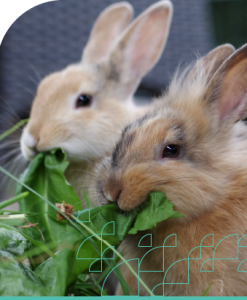ENROL NOW:
$349.95
SHARE WITH FRIENDS:
Care of Reptiles
Short Course
This comprehensive short course on non-venomous reptiles is designed for both animal care professionals and reptile enthusiasts. It offers a deep dive into the care, handling, and well-being of common non-venomous reptiles, including lizards, snakes, and chelonians (turtles and tortoises). Participants will learn best practices for housing, nutrition, healthcare, and behavioural enrichment to ensure the optimal welfare of these unique animals. Whilst the focus is on Australian species, many of these are found in other countries both as pets and in captive displays and the broad concepts for care apply to many other species as well.
The course covers essential knowledge, from identifying common reptile species to creating appropriate habitats and understanding their specific dietary needs. You’ll also explore the practical aspects of reptile handling, transport, and health assessments, ensuring that you can provide high standards of care while minimising stress and injury. Whether you work with reptiles professionally or are a dedicated reptile owner, this course will enhance your ability to care for these fascinating creatures.
By the end of this course, participants will be equipped with the knowledge to confidently care for non-venomous reptiles, ensuring their health, safety, and overall well-being.
What topics are covered in this course?
- Introduction to Reptilia – Gain a foundational understanding of the reptile class, their evolution, biology, and how they fit into the animal kingdom.
- Common Lizard Species – Learn about the most common non-venomous lizard species kept as pets or seen in the wild, including their care requirements and behaviours.
- Common Non-Venomous Snake Species – Explore common non-venomous snake species, with a focus on their housing, feeding, and handling needs.
- Common Chelonian Species – Discover the common non-venomous turtle and tortoise species, covering their specific care, behaviour, and habitat needs.
- Housing & Habitats – Learn how to design and maintain appropriate housing and habitat setups that mimic natural environments for various reptile species.
- Environmental Enrichment – Understand the importance of providing environmental enrichment for reptiles to encourage natural behaviours and improve overall well-being.
- General Healthcare – Delve into the general healthcare requirements of non-venomous reptiles, including routine care, disease prevention, and health monitoring.
- Nutrition – Explore the unique nutritional needs of non-venomous reptiles and how to formulate balanced diets for different species.
- Transport & Handling – Learn safe and effective methods for transporting and handling non-venomous reptiles to minimise stress and avoid injury.
- Physical Examinations – Gain practical skills in performing physical examinations on reptiles, identifying signs of health issues, and understanding how to monitor their well-being.
Inclusions
Included in the course fees:
- 12 weeks of online access to complete your course.
- Extensions are available for when life gets busy.
- Access to Educators via phone, zoom & email. We’re here to help you!
- Printed Learner’s Guide and reading materials included
- Access to our Online Learning Centre for additional resources including videos, documents, interactive e-learning presentations and more
- Range of self-test activities to check your learning and receive feedback
- Certificate of Achievement upon passing
Important Notes:
- This short course is a non-accredited professional development course.
- Assessment of knowledge is conducted throughout your course.
- Learning materials are provided in English only.
FAQ
What is the format of the Short Course?
The course blends self-paced reading and recorded lectures with online MCQ-style assessments and short written tasks that help develop practical documents for clinical use.
What materials and resources are included in the course?
Participants receive a printed learner’s guide containing readings, notes, and instructions, along with online access to additional readings, useful resources, recorded lectures, and videos.
Is there a certificate awarded upon completion of the course?
Yes, all participants who complete the course and its activities receive a Certificate of Achievement and earn 5 CPD points.
How much time should participants expect to dedicate to this course weekly?
Participants should allocate approximately 5 hours per week to easily complete the course in the 3 month timeframe.
Are there any prerequisites required to enrol in this course?
No specific prerequisites are required, but the course assumes a knowledge level equivalent to that of someone who has been working with animals for at least 12 months.
What support is available to participants during the course?
Support is available via phone, email, and Zoom appointments with our Educators.
How are assessments conducted throughout the course?
Assessments include MCQ or drag-and-drop tasks that are auto-marked, with unlimited attempts allowed.
What are the technical requirements to participate in the online components of the course?
Participants need reliable internet access (such as NBN) and a computer. While mobile devices are supported, using a computer is recommended for easier access to reading and viewing online resources.
